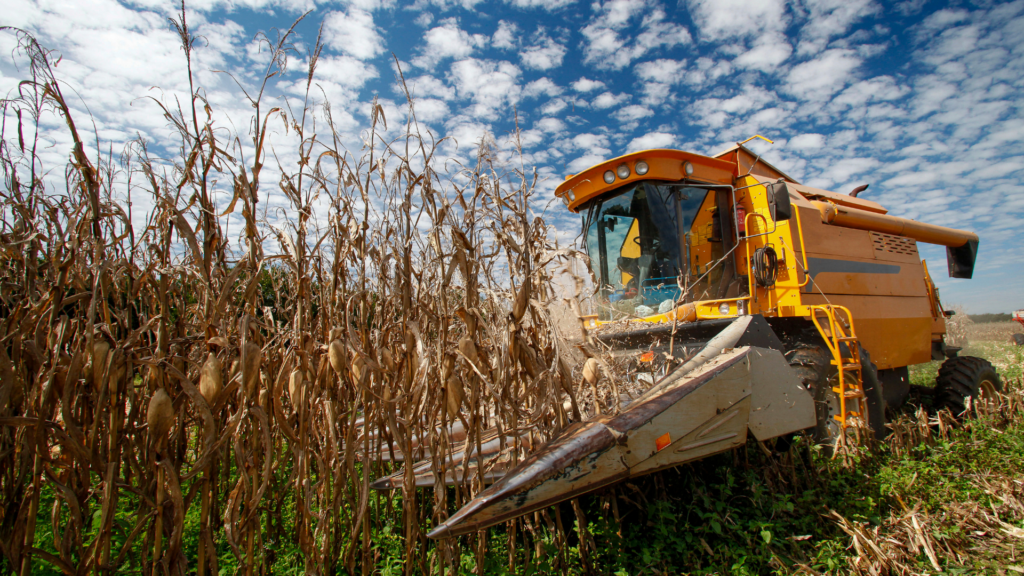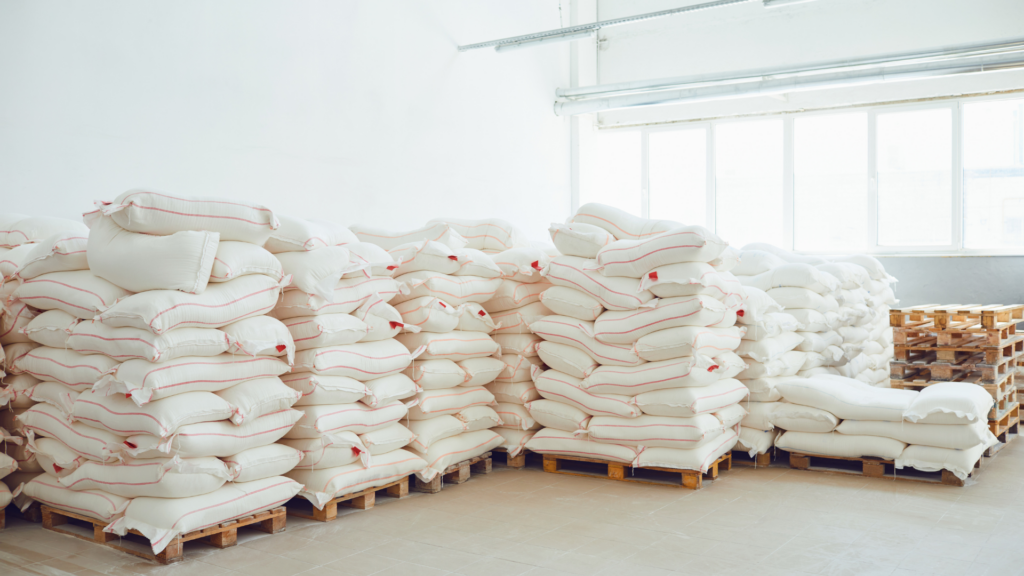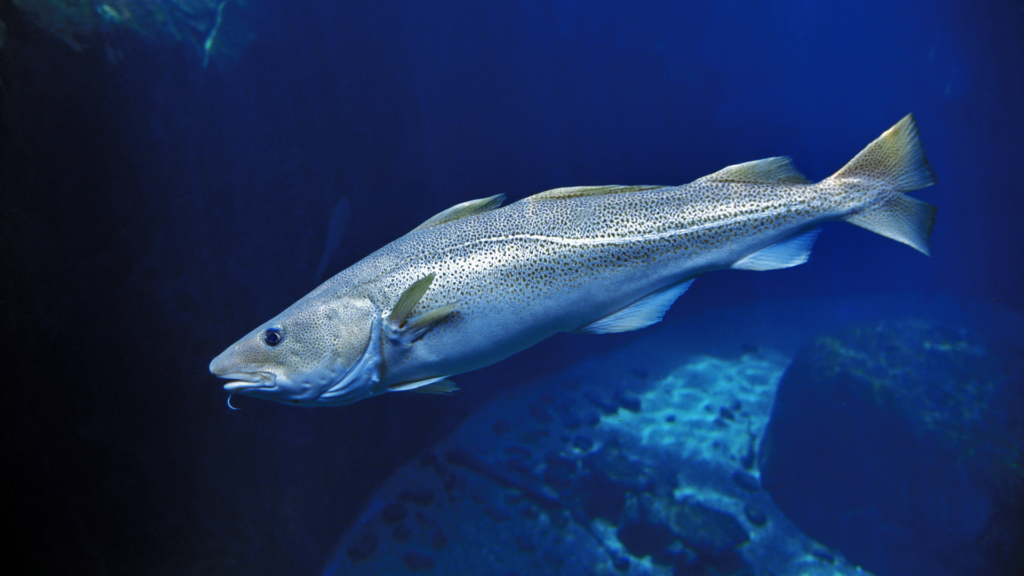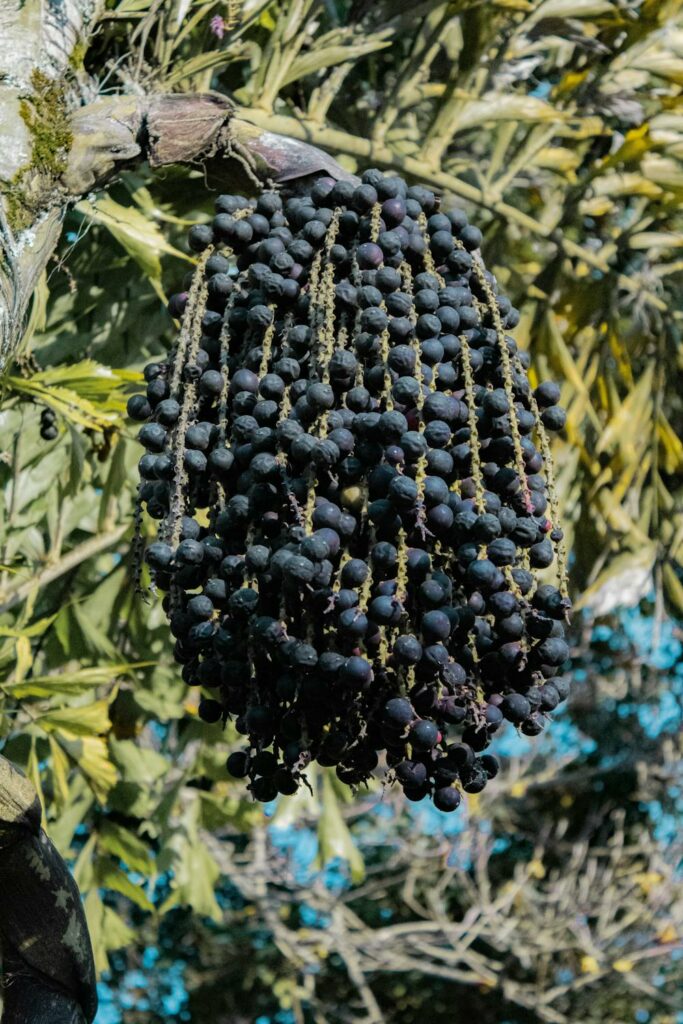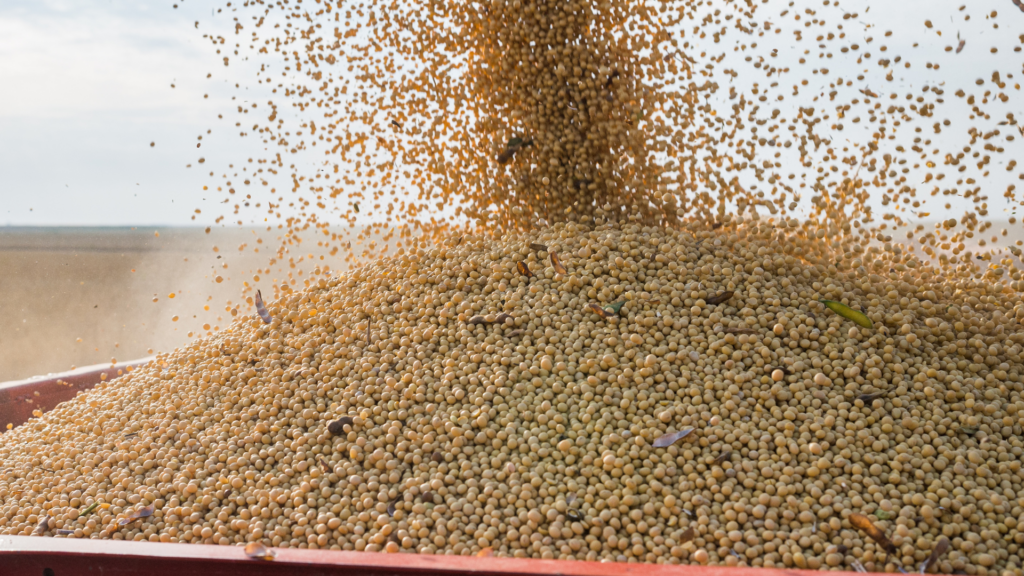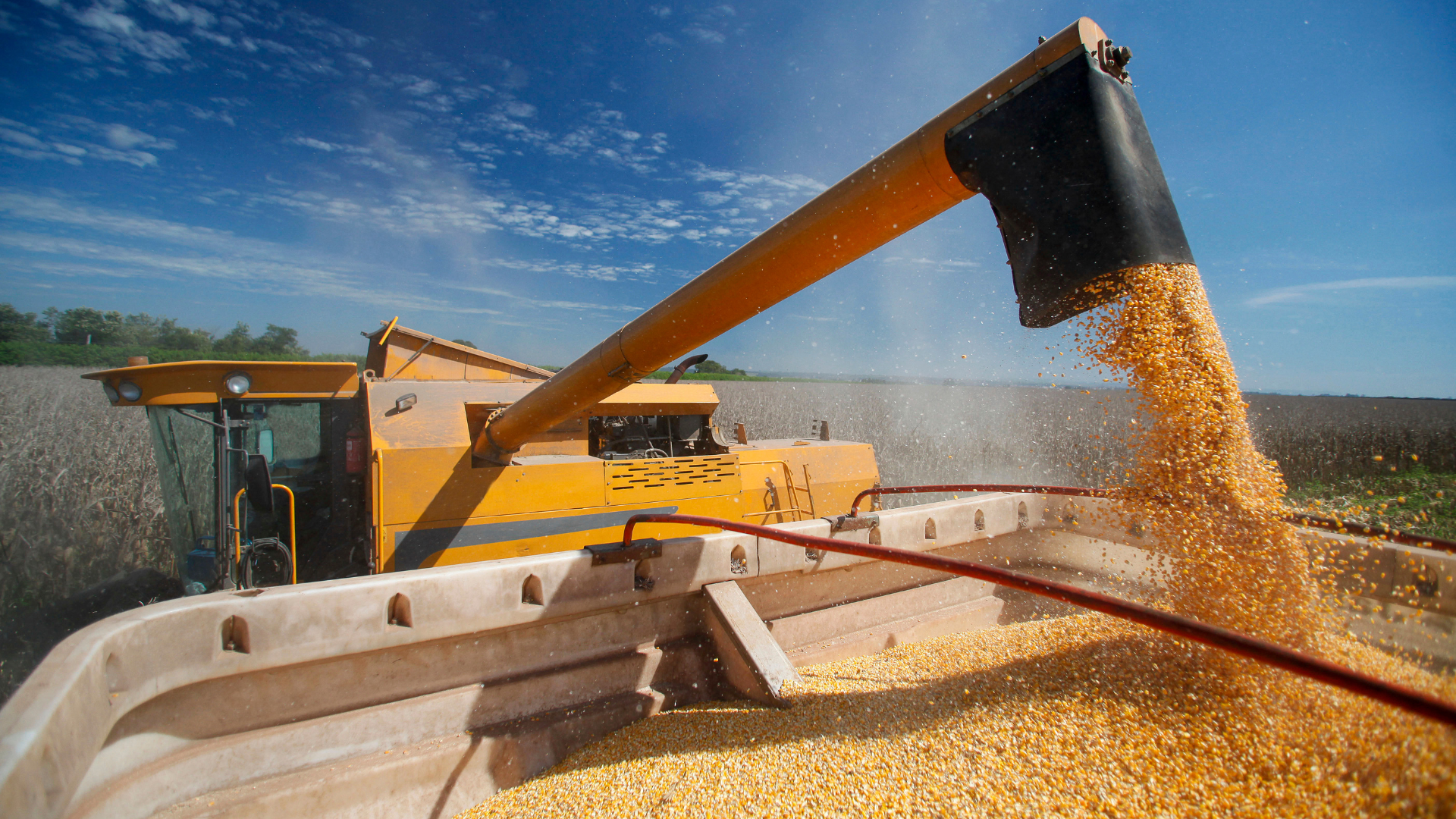
Corn, known scientifically as Zea mays, is one of the most important agricultural crops in the world, serving as both food for humans and feed for animals, as well as being a raw material for the production of biofuels and various industrial products. Originating from Mesoamerica, corn was domesticated by indigenous peoples thousands of years ago, spreading around the world due to its adaptability to different climates and soils.
The corn plant is characteristically tall, capable of reaching several meters in height, depending on the variety. Each plant produces ears, which are protected by husks and contain the kernels or seeds. These kernels are rich in carbohydrates, fiber, and vitamins, especially vitamin B and some essential minerals such as phosphorus and magnesium. Corn is consumed in various ways: it can be boiled, roasted, ground into flour for making tortillas, bread, and cakes, or processed into breakfast cereals, oil, and corn syrup.
In addition to its nutritional value, corn plays a crucial role in the agricultural economy. The United States is the largest producer globally, followed by Brazil, China, and Argentina. Corn production involves significant challenges, including the need for proper management of pests, diseases, and adverse weather conditions. Biotechnology has contributed to the development of genetically modified varieties of corn, which promise greater resistance to environmental stresses and higher production yields. However, the use of such technologies also sparks debates about food security, sustainability, and environmental impacts.


